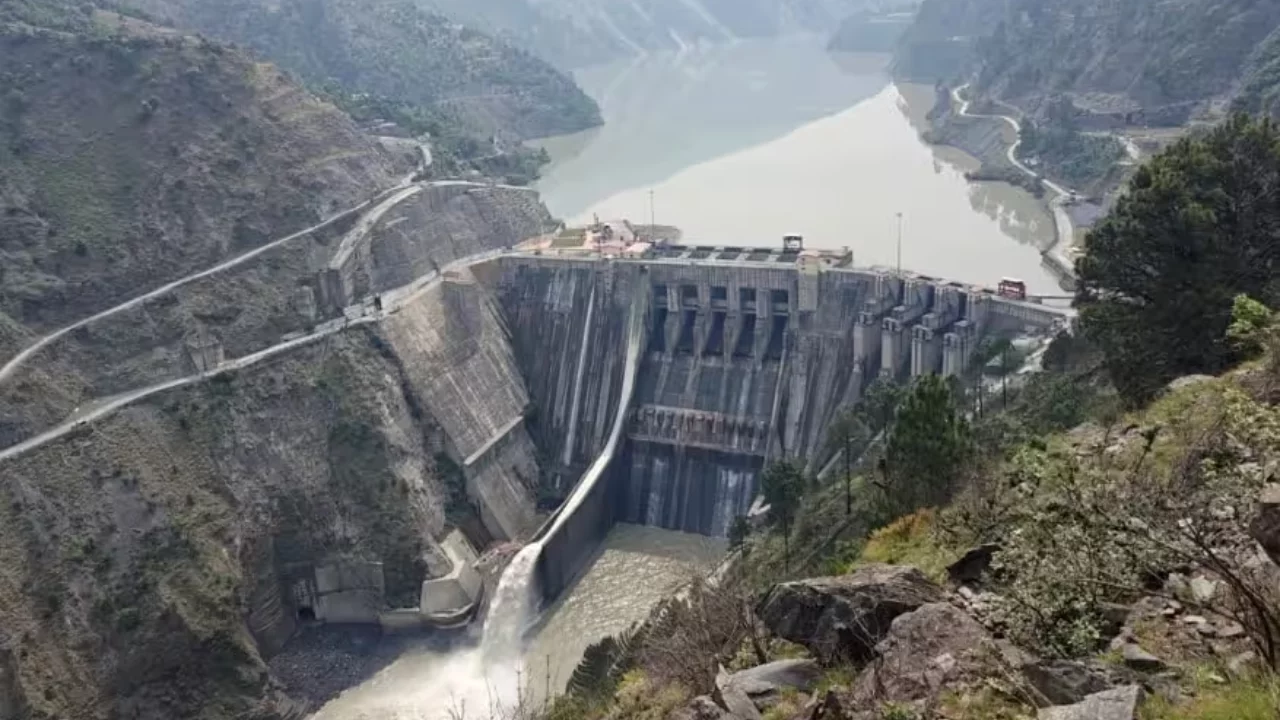India begins redirecting rivers flowing to Pakistan onto its own territory

The long-standing dispute over water resources between India and Pakistan has entered a new stage. According to sources cited by NDTV, the Indian government has launched a major project to redirect the "excess water" of three major rivers flowing to Pakistan to its own states of Punjab, Haryana, and Rajasthan. For this purpose, technical and economic feasibility studies are being carried out to construct a special canal with a length of 113 kilometers.
The root of the project goes back to the agreement between India and Pakistan on the use of the waters of the Indus River signed in 1960. This agreement envisages the effective use of the waters of the Jhelum, Chenab, and Indus rivers. In fact, the majority of these waters flow through the territory of Pakistan, and it is emphasized that this does not fully meet India’s interests.
According to the new project, the "excess water" will be directed through special canals to the city of Ganganagar in Rajasthan. According to India’s Minister of Home Affairs, Amit Shah, from now on, this water will not flow to another country for any reason and will be used efficiently in the drought-prone areas of the country. Additionally, there is a proposal to connect the canal to the Yamuna River, which would extend the canal up to 200 kilometers and allow the water to be delivered to Gangasagar.
These decisions have caused sharp objections from the Pakistani government. After the attack that took place in Kashmir in April, India accused Islamabad of supporting terrorism and stated that the river water agreement could be reconsidered. Narendra Modi specifically emphasized the country's strict position by saying, “Blood and water cannot flow together.”
Furthermore, in May, India temporarily blocked the flow of the Chenab River water to Pakistan from the Baglihar Dam, and it is reported that similar measures may be implemented at the Kishanganga Dam on the Jhelum River.
This water policy has become a new point of contention in the complex relations between the two countries. The construction of the new canal and hydro-infrastructure may not only ease the water shortage in the region but also further escalate the geopolitical situation in the area.
In conclusion:
India’s efforts to redirect "excess water" to its own territory are a serious source of concern for Pakistan. For regional stability, wise use of water resources and considering the interests of all parties remains a pressing issue. Read “Zamin” on Telegram!
Ctrl
Enter
Found a mistake?
Select the phrase and press Ctrl+Enter 





















